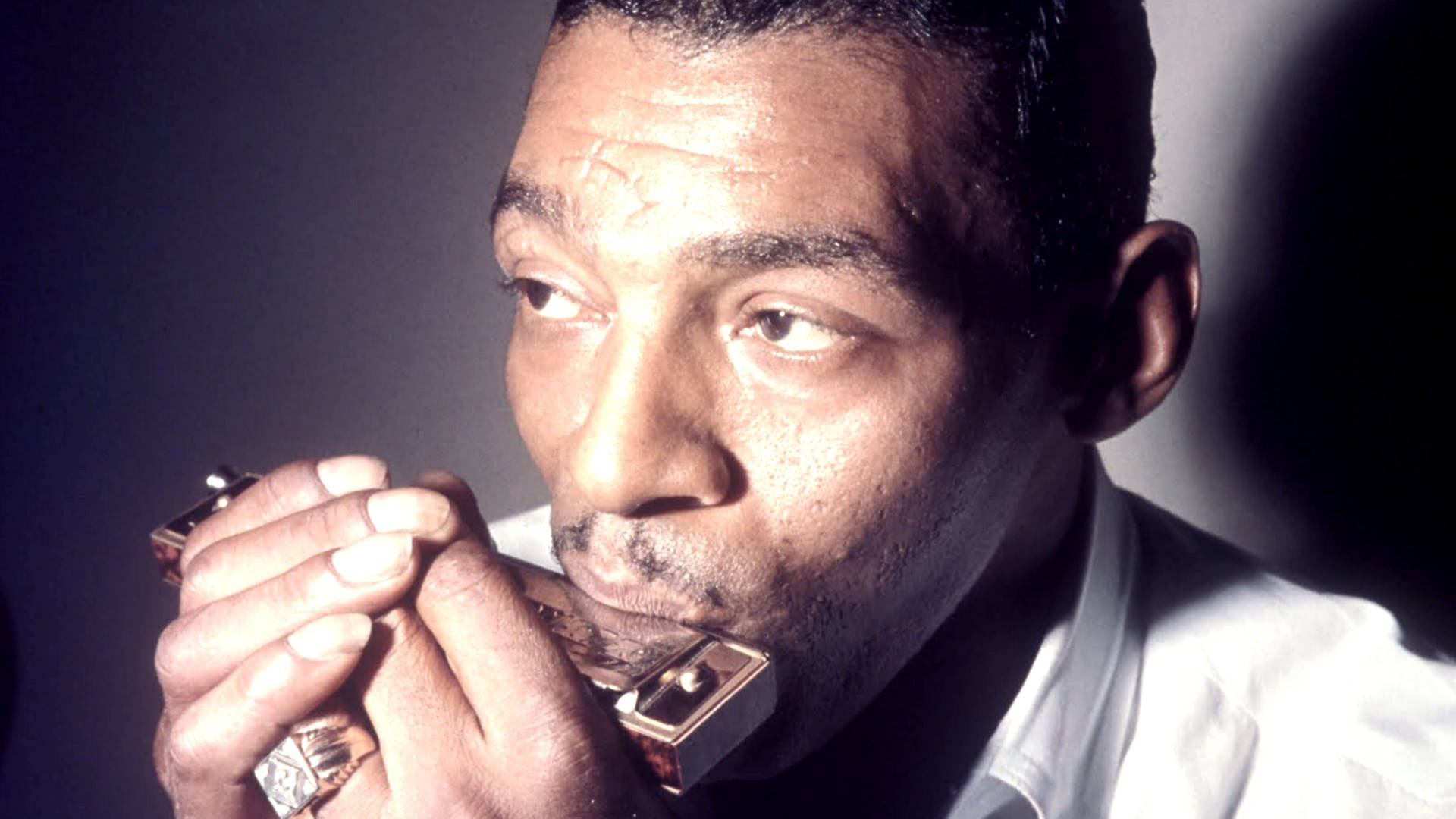Introduction
Little Walter, born Marion Walter Jacobs on May 1, 1930, in Marksville, Louisiana, was an American blues musician, singer, and songwriter. He is widely regarded as one of the greatest harmonica players in the history of blues music. Little Walter revolutionized the role of the harmonica in blues, pioneering the use of amplification and transforming the instrument from a background accompaniment to a leading voice in the genre.
Early Life and Career Beginnings
Early Life
Little Walter grew up in poverty in rural Louisiana and later in Alexandria, where he taught himself to play the harmonica. By the age of 12, he had left home to pursue a life as a traveling musician, playing in small clubs and on street corners across the South.
Career Beginnings
In the late 1940s, Little Walter moved to Chicago, where he became part of the city’s vibrant blues scene. He initially played alongside artists like Muddy Waters, earning a reputation for his innovative harmonica techniques. His big break came when he joined Muddy Waters’ band in 1948, where his harmonica became an integral part of the Chicago blues sound.
Rise to Fame
Harmonica Innovation
Little Walter is best known for his pioneering use of amplification, which allowed the harmonica to compete with electric guitars and other amplified instruments in volume. This innovation gave the harmonica a new, powerful voice in blues music. He also developed a distinctive style that combined virtuosity with emotional expressiveness, influencing countless harmonica players who followed.
Solo Success
In 1952, Little Walter released “Juke,” an instrumental harmonica track that became a huge hit, reaching number one on the Billboard R&B chart. This success marked the beginning of his solo career, and he went on to release a series of influential recordings, including “My Babe,” “Blues with a Feeling,” and “Mean Old World.”
Musical Style and Innovations
Amplified Harmonica
Little Walter’s use of the harmonica microphone and amplifier created a rich, distorted sound that was groundbreaking at the time. His approach allowed the harmonica to be played with the same intensity and volume as electric guitars, changing the way the instrument was used in blues music.
Virtuosic Technique
Walter’s playing was characterized by rapid runs, intricate bends, and a deep sense of rhythm and melody. His harmonica solos were not just accompaniments but became central to the songs, often carrying the melody and providing a counterpoint to the vocals.
Major Albums and Hits
- “Juke” (1952): An instrumental hit that became the first harmonica-driven song to top the R&B charts.
- “My Babe” (1955): One of Little Walter’s most famous songs, written by Willie Dixon, which became a blues standard.
- “Blues with a Feeling” (1953): A classic track that showcases his emotive harmonica playing.
- “Mean Old World” (1952): Another significant hit that highlighted his skill as both a singer and harmonica player.
- “Confessin’ the Blues” (1953): A popular blues number that remains a staple in the genre.
The Best Of Little Walter – Album – Playlist:
Impact and Legacy
Influence on Blues and Beyond
Little Walter’s innovative approach to the harmonica has had a lasting impact on the blues and the broader music world. He set a new standard for harmonica playing, influencing blues legends like James Cotton, Junior Wells, and later rock musicians such as Mick Jagger and John Lennon.
Cultural Significance
Walter’s music resonated deeply with African American audiences in the 1950s, reflecting the struggles and triumphs of urban life. His raw, powerful sound captured the spirit of the Chicago blues scene, which was a crucial part of the cultural landscape during that era.
Awards and Recognition
- Rock and Roll Hall of Fame: Inducted posthumously in 2008, making him the only artist to be inducted specifically for his work as a harmonica player.
- Blues Hall of Fame: Inducted for his extraordinary contributions to the genre.
- Grammy Hall of Fame: His recording of “Juke” was inducted, recognizing its significance in music history.
Continued Influence
Little Walter’s influence can still be heard in the playing of contemporary blues harmonica players. His recordings continue to be studied and revered by musicians and blues enthusiasts alike.
Later Years and Death
Despite his success, Little Walter struggled with personal issues, including alcoholism and legal troubles. His career declined in the 1960s, and he died on February 15, 1968, in Chicago at the age of 37. Despite his short life, his impact on music remains profound.


Leave a Reply